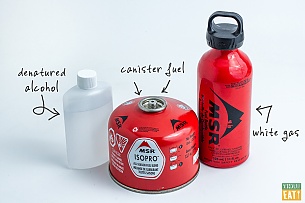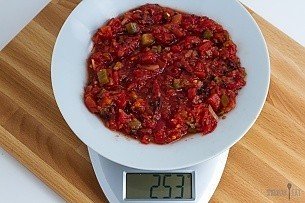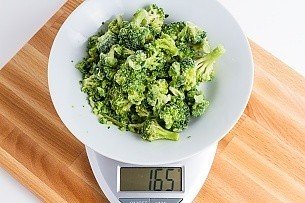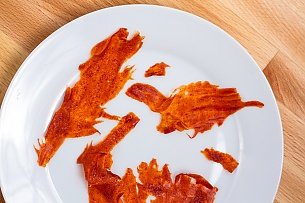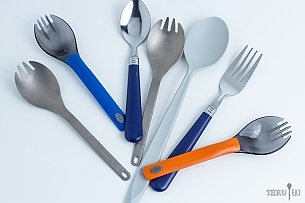Dehydrated proteins like chicken and beef will never completely rehydrate to their former pre-dried texture, but they should not be chewy or tough. Since we can only dehydrate things that are low in fat, it means the protein probably wasn’t very flavorful or texturally interesting to begin with, and removing all its water further changes the texture.
However, the more likely reason your food is rehydrating poorly is probably due to a lack of rehydration time. Temperature plays a small role in proper rehydration. The real key to success is time; the longer you let your food soak in water, the better rehydrated it will be.
Cranking up the heat will not speed things up and just waste fuel. The optimal procedure is:
- Upon arrival to camp, start the cooking process by soaking your dehydrated ingredients in the order as recommended by the recipe.
- Go set up your tent and get settled in.
- Turn on your stove and bring the pot of water to a simmer and follow the rest of the recipe instructions.
- Cover, turn off the stove and let it sit for 10 minutes. If it’s cold or windy, periodically turn the stove on or leave it on the lowest possible setting.
- Now wait. Get clean, gather wood, fetch water, look at tomorrow’s route, etc. Just wait.
- Stir and check a couple times to make sure everything is evenly rehydrating.
The whole cooking process from initial soaking to ready-to-eat is typically in the 20-40 minute range. However, your direct interaction in the process is less than 5 minutes since you’re doing other things as it sits. This is obviously not ideal if you’re starving and want to eat right away, but that’s the price you pay for having a home cooked meal on the trail. If you’re camping in bear territory, be sure to keep your food close-by within sight and stay vigilant.
